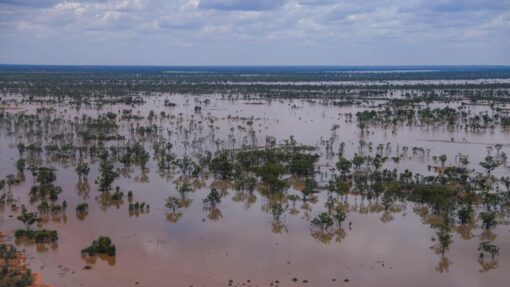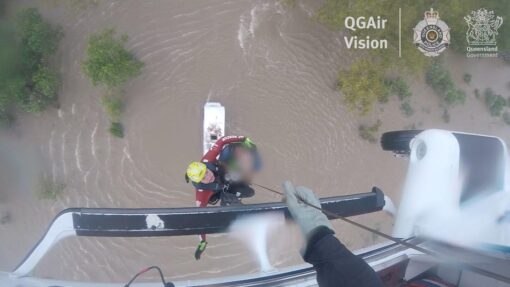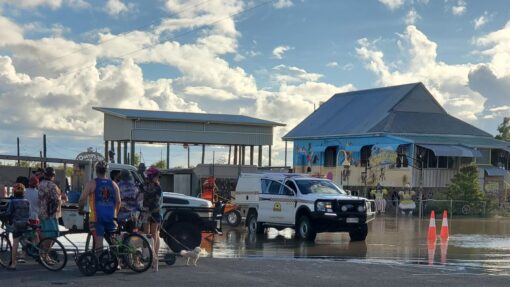Bin. Don’t flush. Cairns declares war on wipes.
Richard Dinnen - Queensland Editor |
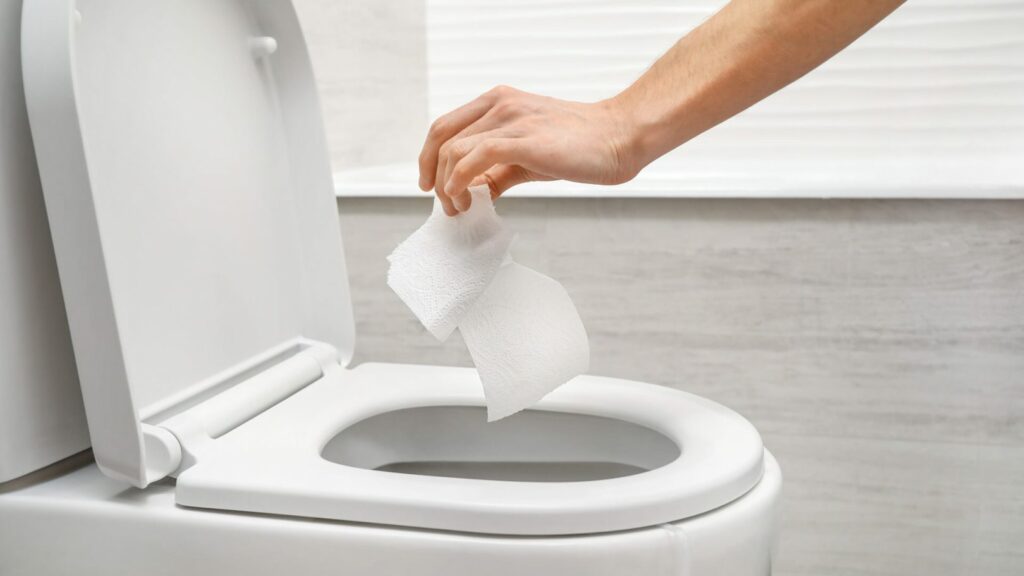
It costs almost one million dollars a year to remove non-flushable items from the Cairns sewer system. Almost half are disposable wipes.
Cairns Regional Council says it spends about $800,000 to unblock pipes and remove non-flushable items. Every year, it pulls out more than 500 tonnes of stuff that shouldn’t be there, equal to about 45 school buses.
The Council has declared war on wipes, to reduce the number of them being flushed down the region’s toilets.
Mayor, Bob Manning, said it’s a problem that’s wreaking havoc on the city’s sewer system.
“That is a costly problem that can be easily avoided just be taking the time to dispose of items, such as disposable wipes, in the proper manner.
“Even if it says ‘flushable’ on them, they’re probably not going to break down in the wastewater system and will contribute to the problem, so it best to take a cautious approach and bin them too.”
The consumer organisation, Choice, has said manufacturer claims the wipes are ‘disposable’ and ‘flushable’, designed to ‘break up like toilet paper’, lack credibility.
Choice said the wipes increase risk of pipe blockages and overflows to local creeks and rivers. About 75 per cent of all sewer blockages involve disposable wipes.
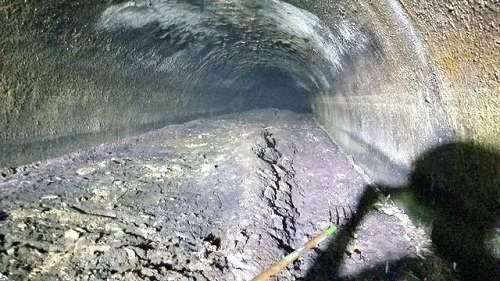
They can congeal with grease and other cooking fats improperly sent down drains, forming massive “fatbergs” that block pumps and pipes.
Two years ago, a three-tonne mass made up of wipes, clothing, plastic, and other items was removed from a pump station in Mackay, while a 42-tonne fatberg took nine hours to remove from a Melbourne sewer.
Mr Manning said a 300-kilogram fatberg was removed from a Cairns wastewater facility last year.
“It highlights just how much of a problem these masses of non-flushable items can cause.

“With an average of 200 tonnes of disposable wipes removed from sewers in Cairns each year, there is a lot of potential for blockages.
“The result can be sewage backing up into homes or overflowing into the environment. Either way, the outcome is both unpleasant and costly.”
“Only the three Ps should be flushed down the toilet — pee, poo and (toilet) paper.”
Other common non-flushable items ending up in the Cairns sewer system include cotton buds, baby and face wipes, household cleaning wipes, tissues, tampons, condoms, nappies, and cigarette butts.
